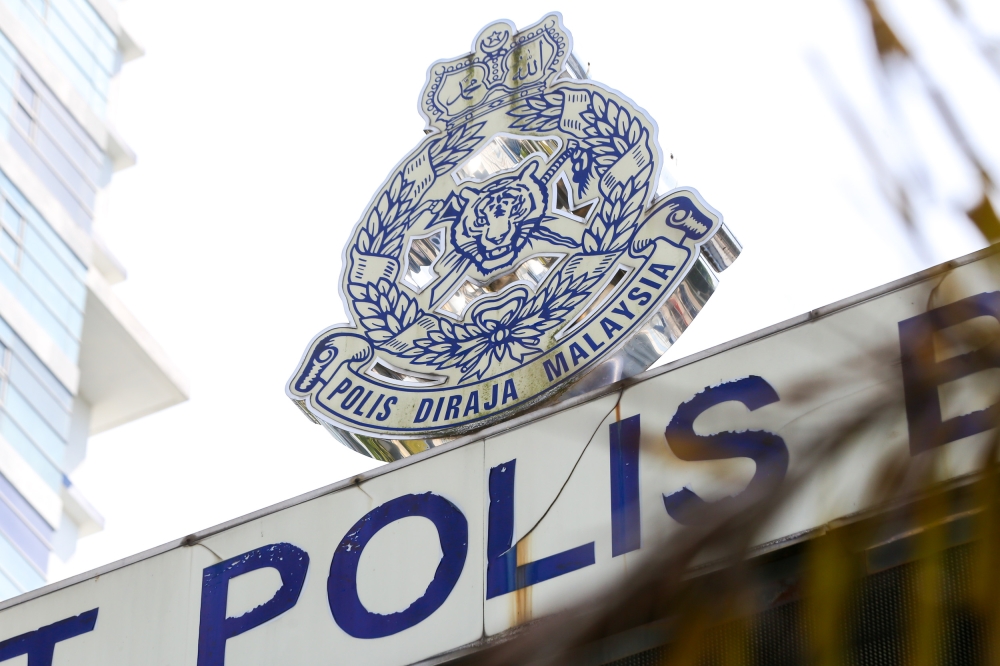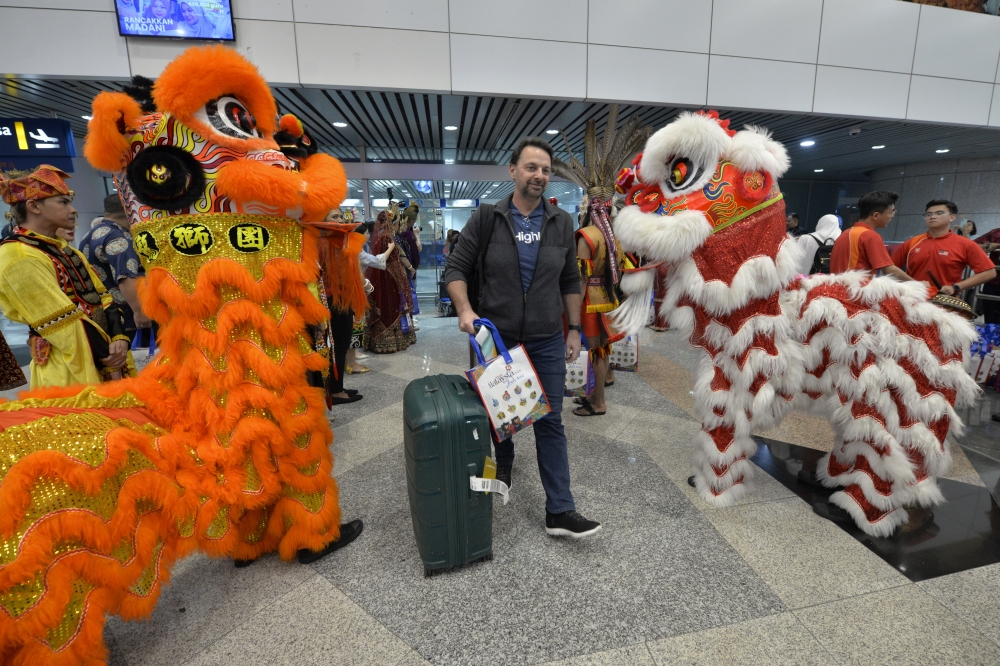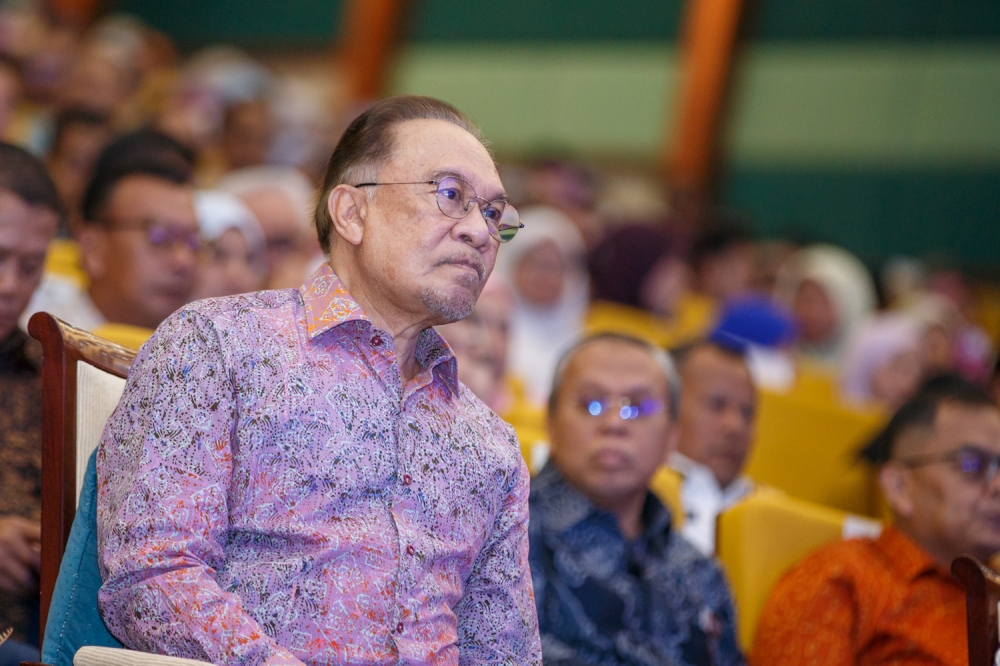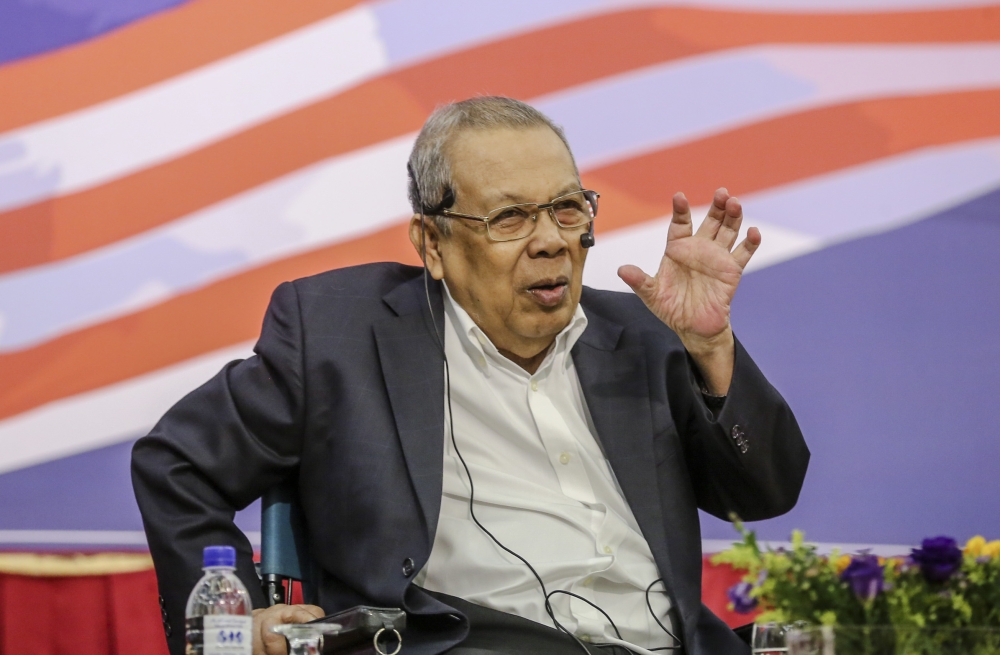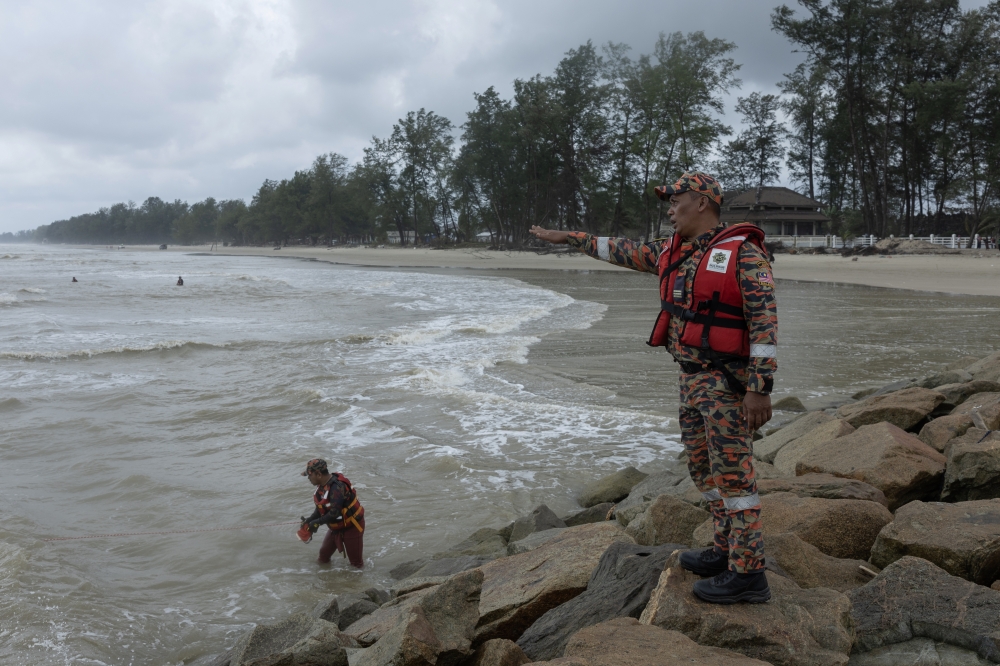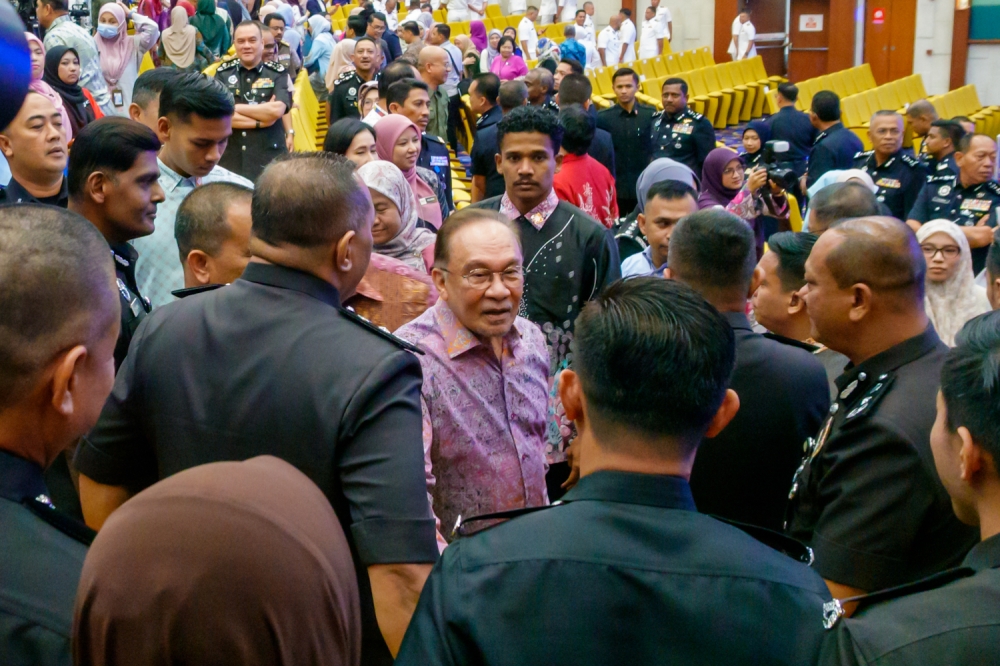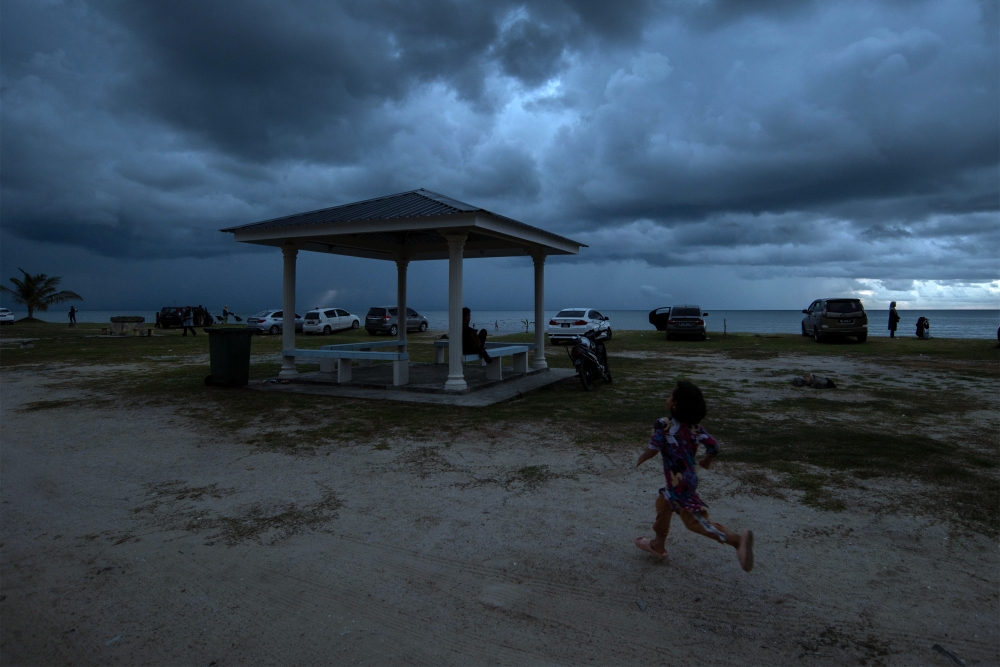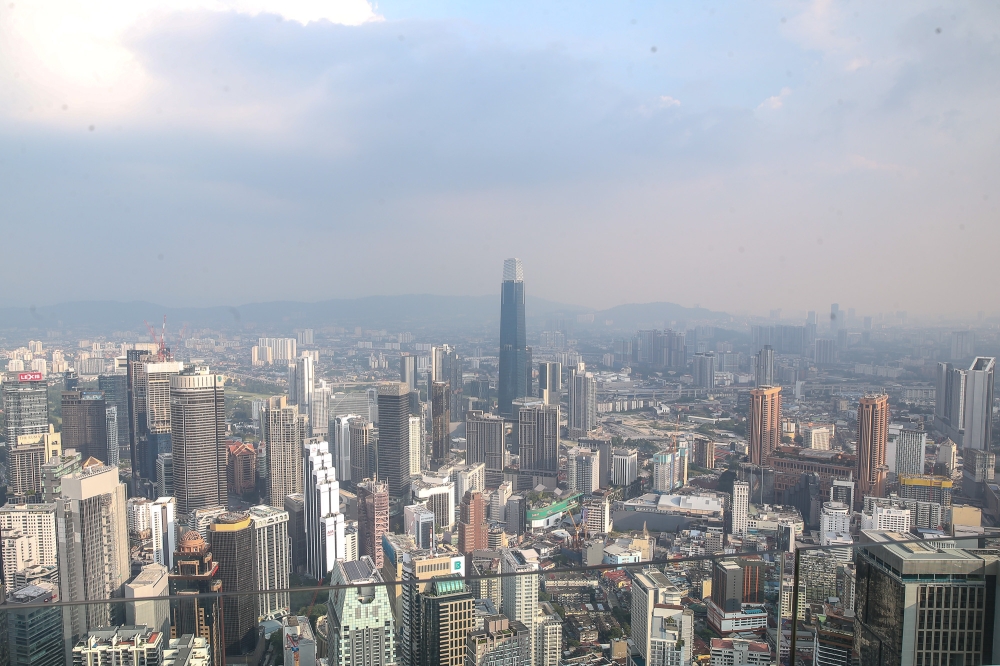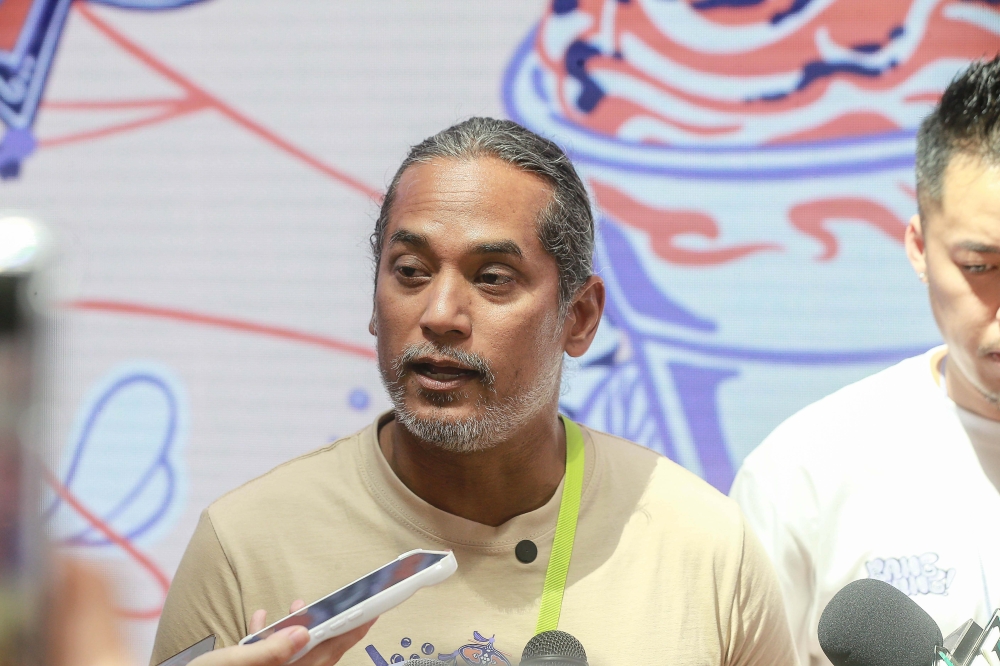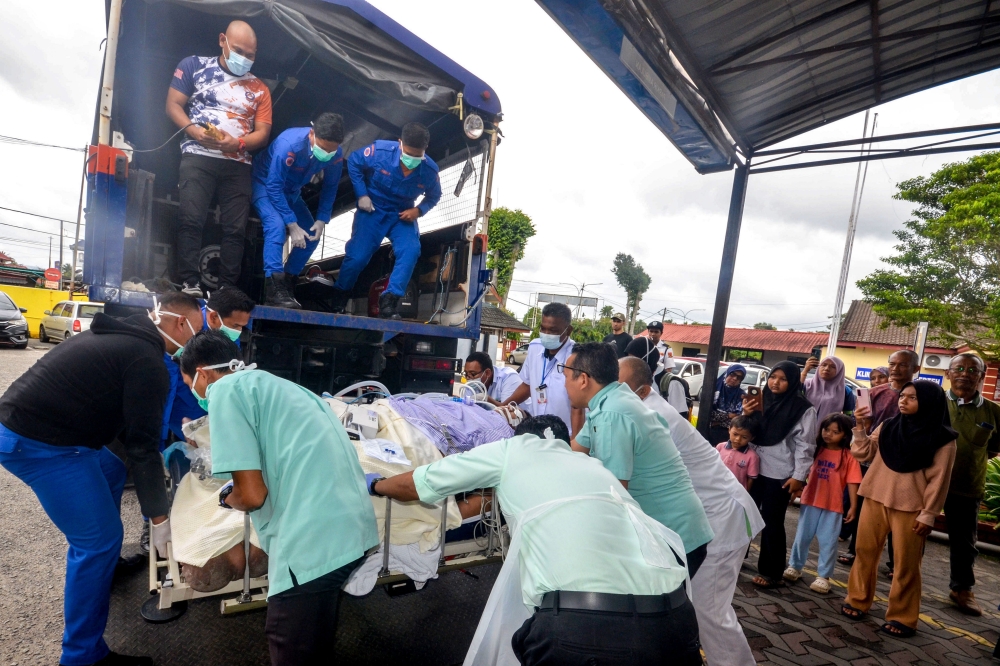PUTRAJAYA, Dec 30 — A Holistic Plan on Enforcement Against Illegal Immigrants will be launched next year to combat in a comprehensive manner the influx of illegal immigrants in the country.
The plan is aimed at ensuring that Malaysia achieves zero illegal immigrant in the set period through the strengthening of governance and existing enforcement work system.
Home Minister Tan Sri Muhyiddin Yassin said the holistic plan entailed strategic cooperation between various ministries and related agencies based on firmer law enforcement and more effective action.
He said the flood of illegal immigrants should be tackled through firmer enforcement and legal action so that such a scenario would not remain a national issue which has a negative impact on the country’s social and legal aspects.
“This year we have achieved a lot of success in terms of combating the problem of illegal immigrants and this plan outlines the programme or measures for the next five years, and I start it in 2020.
“Through this plan, we want to make sure that every year the level of existence of illegal immigrants will drop until a stage where there are no more foreign workers entering or working illegally in the country,” he told Bernama here recently.
The holistic plan, which was drawn up by the ministry in June this year, also involves the state governments, local authorities, Village Community Management Councils, and Village Development and Security Committees.
Its objectives include creating an ecosystem that is uncomfortable for illegal immigrants to continue with their daily life by boosting the capability of existing enforcement and regulatory agencies and enhancing strategic cooperation and local community awareness.
The plan outlines five strategies for eradicating the illegal immigrant problem — enforcement operation strategy, legal and policy strategy, border control and entry point strategy, management of foreigners strategy, and media and publicity strategy.
With the launching of the plan, Muhyiddin foresees that the Home Ministry would no longer have to conduct any amnesty programme like what the government used to do previously.
He said amnesty programmes gave the wrong signal to foreigners that anyone could enter and stay in Malaysia without documents because eventually they would be “pardoned” although they were in the country illegally.
“Although illegal they dare to enter because they think Malaysia is not firm in terms of immigration regulations and the like, and clearly this is the wrong signal,” he added.
Muhyiddin said the implementation of the Back for Good (B4G) programme for illegal immigrants on Aug 1 this year is an early initiative by the government to rid Malaysia of illegal immigrants.
The programme, which ends at midnight on December 31, gives an opportunity to foreigners who have committed offences under the Immigration Act 1959/63 (Act 155) to voluntarily return to their country by paying a RM700 compound.
The programme, which targets to deport up to 300,000 foreigners, is conducted in peninsula Malaysia only by the Immigration Department without the involvement of third parties like vendors or agents to ensure transparency.
“The most important thing for us is how to tackle those illegal immigrants who have settled here before the holistic plan takes effect next year.
“Maybe their original aim of coming was to work but they persisted in overstaying to the extent of committing other things like crime, and this is what we are paying attention to,” Muhyiddin said.
As of December 15, the Immigration Department had recorded more than 130,000 illegal immigrants applying to join the B4G programme, with Indonesians accounting for the highest number at 53,328.
On the status of foreign workers in industrial sectors still in need of their services, Muhyiddin said the existing policy would continue and the Home Ministry would ensure that they were used to meet the needs of the industries concerned.
The ministry, he said, would ensure that activities not consistent with the laws on foreign workers like oppression and human trafficking did not occur to ensure Malaysia’s position in the United States State Department Annual Report, which is now on Tier 2 Watchlist, would be maintained or improved.
“Although the number of such cases is not big, I want it to be given attention and for us to be careful in managing this matter, especially relating to oppression and human trafficking when managing and tackling immigrants in the country,” he added. — Bernama


